Does Peaceful Parenting Mean We Can’t Teach Our Kids Manners?
You guys. I’m British. Manners are important to my peeps. But for some reason, the traditional methodology deployed for shaping a child with manners (by myself, more often then I care to admit) fall short. Usually we withhold whatever it is the child wants until they ask appropriately, badger them with a series of obnoxious and patronizing questions (“What do we say?”, “What’s the magic word?”, “How do we ask?”, “Aren’t you forgetting something?”) or scold them for being “rude” children.
I prefer to think of our role in raising polite children like a tour-guide in a strange land. (I have absolutely read this idea somewhere but copyright gods forgive me, I have no idea where. If you know where this concept is from please be a doll and email me!) Imagine you have just landed in a country you’ve never visited. You don’t speak the native language and you don’t understand local custom. You’ll be relying on your kind, friendly tour guide to show you around and show you how things are done. Say, to your tour guide’s great mortification, you happen to wave your hand to greet a passerby – because you know no better – how should your tour guide react? How can he, most helpfully, direct you to learn the local custom?
Now, it’s true, children are not strangers…they are deeply embedded in our culture. But, they are children, which means their brains simply haven’t developed the functionality to exhibit exceptional manners often (heck, almost none of the adults I know have mastered this either).
So rather than running to punish, shame, blame, cajole, patronize or manipulate our children into manners, let’s really consider what is age appropriate, what is helpful, and what is kind.
5 Thoughts On Manners
- Model Manners
I know I sound like a broken record at this point, but this will always be my first go-to for peaceful parenting You want to see a quality in your child? Make that quality undeniable in your own self first. How many of us say “please” and “thank you” to our children when we make requests of them? I forget all. the. time. Which means they aren’t learning from me how to speak. They’re learning from me how not to speak. And they will not differentiate between how I speak to them, and how I would like for them to talk to granny. - Lend a helping hand
If children are expected to greet people they’re not 100% comfortable with, or to express gratitude for a gift from a stranger, they’re likely to shy away or to refuse. They need help learning this skill! Just as you might support a baby who is learning to take steps, support your child in expressing manners verbally. Come down to their level and join with them “Let’s thank granny! Thank you granny!” Don’t force them into an uncomfortable position. Instead, show them how it’s done. - Normalize age appropriate shyness
In most cultures kids aren’t expected to make eye contact with or address adults they don’t know. Remember that next time someone strange talks to your kid and you feel embarrassed as they stare blankly out of the window. Rather than a nudging “Jonny, this lady just asked you how old you are.” (guilty!) we might try: “Jonny’s a little shy right now. I’ll answer for you, Jonny. He’s 4.” - Ask (politely!!!) for what you want
Raise your hand if you hate it when you kids demand things of you (me too). But instead of demanding right back (“What’s the magic word??”) we can simply ask in an honest, kind way “Baby, I really prefer when you say ‘please may I have water?” or “My love, I don’t like it when you demand “WATER”… can you ask me kindly?” Just as we might ask another adult to address us with more respect, we can voice our preferences to our kids, too. And a cherry on top is to appreciate it when they are respectful “That feels so great when you thank me for supper”. - Recognize their spontaneous, honest gratitude
Often we have a pre-scripted way we want to see gratitude expressed (primarily “thank you for the gift, Granny, I love it!”). But children are often expressing their gratitude with their delighted smile, their shy eye contact, or a gesture or laugh. Rather than an oppressive “What do we say?” (which might sound to the child like “You’re doing it wrong”) we can begin to appreciate the authentic expressions our children are already displaying, and step in and voice the verbal gratitude for them “Oh wow, I see how much Jonny loves his gift – thank you granny! Thank you so much!”. You can even walk your child through why you’re saying that “I’m telling granny how much you like it, because sometimes people need to hear it in words so they know you appreciate them.”
How do you teach your children manners?

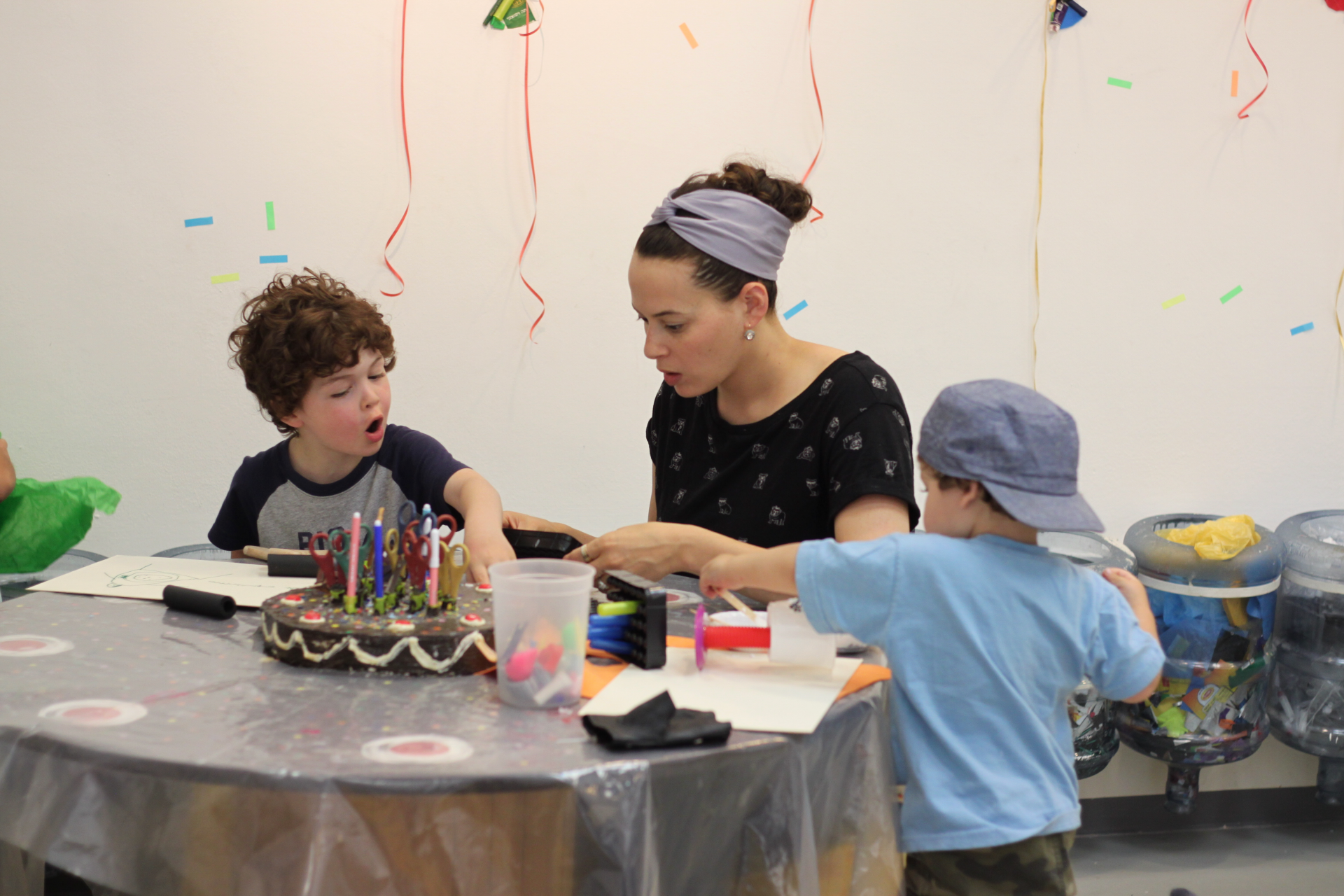


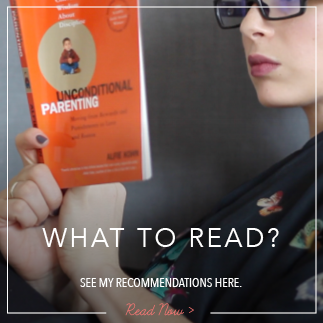


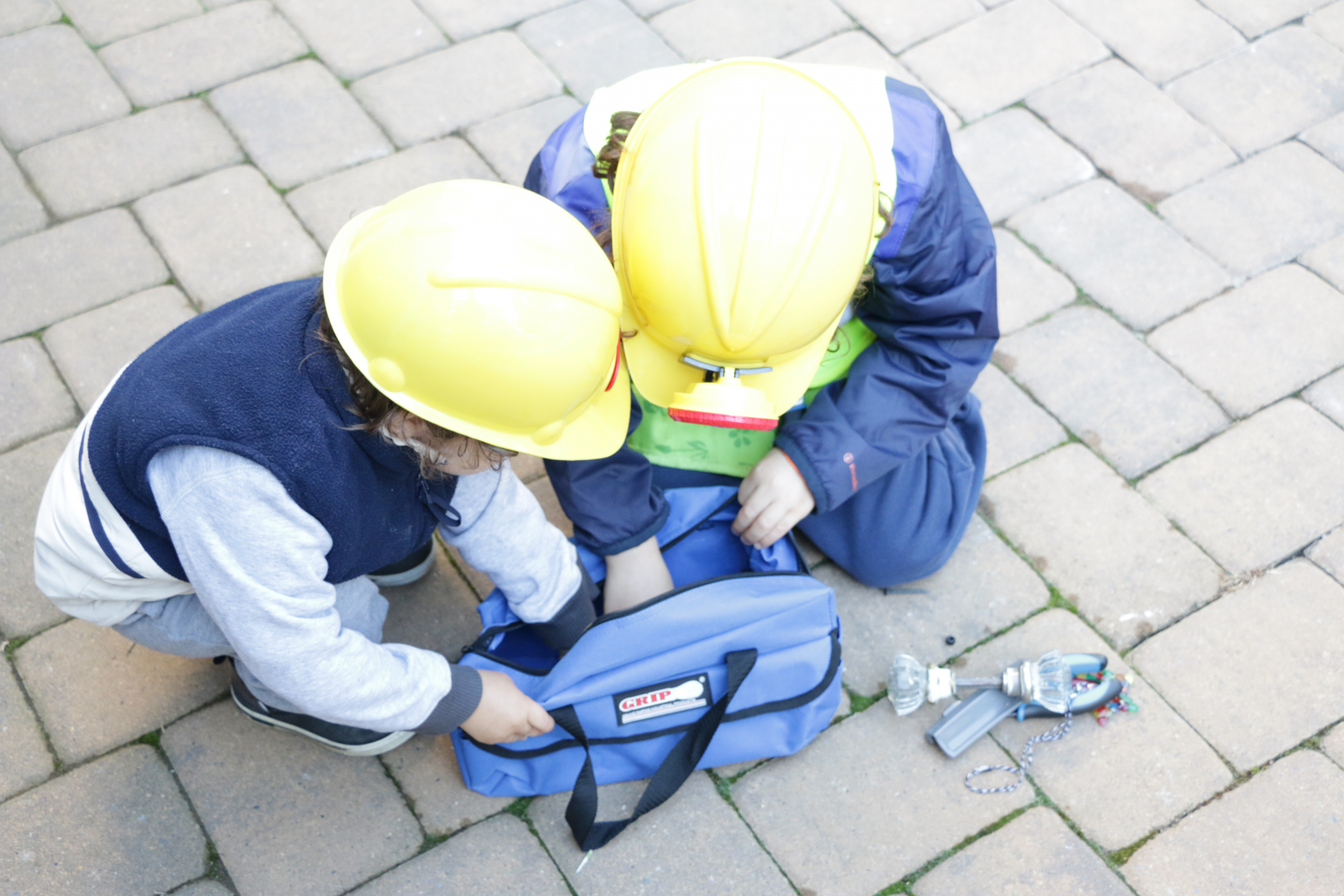
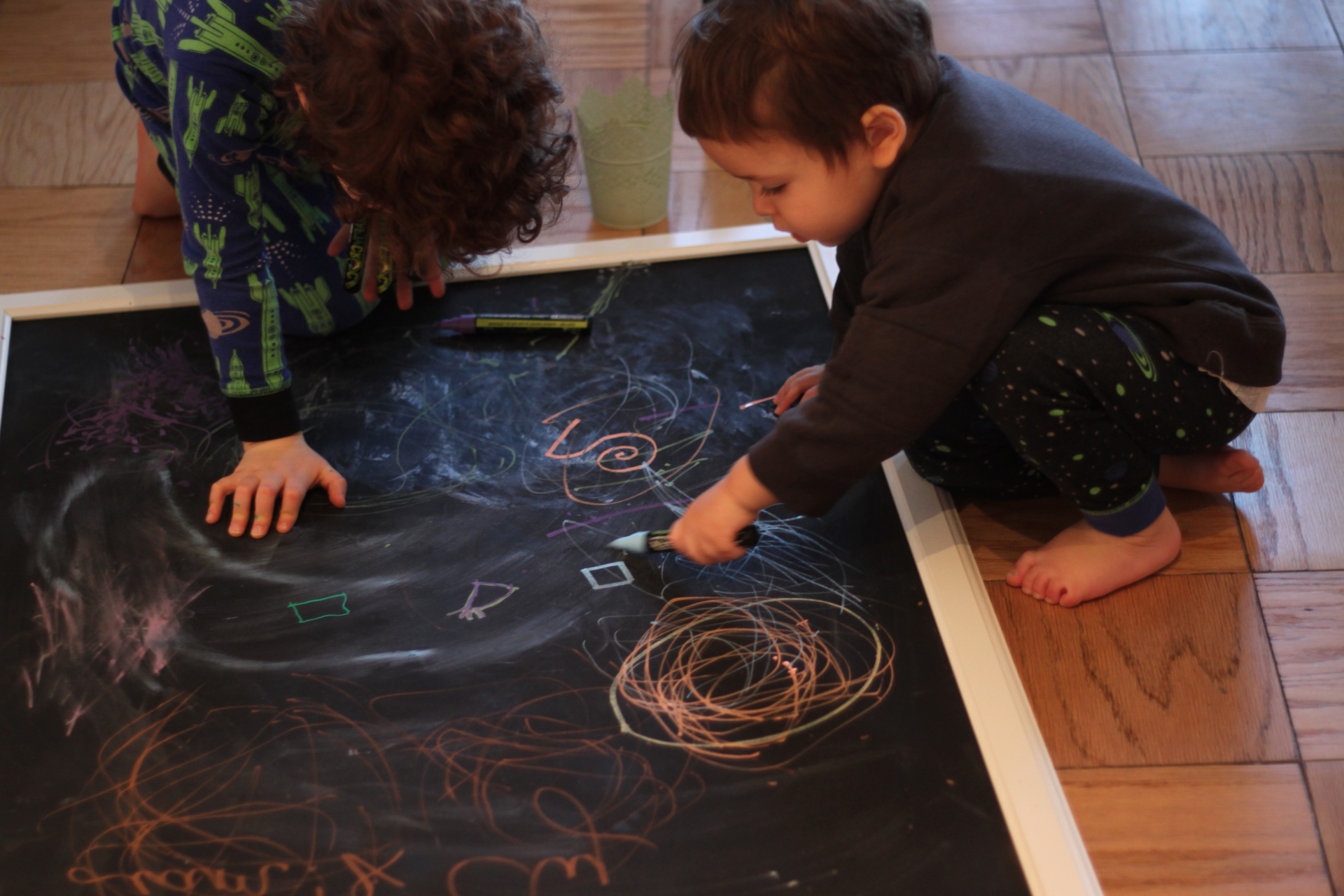
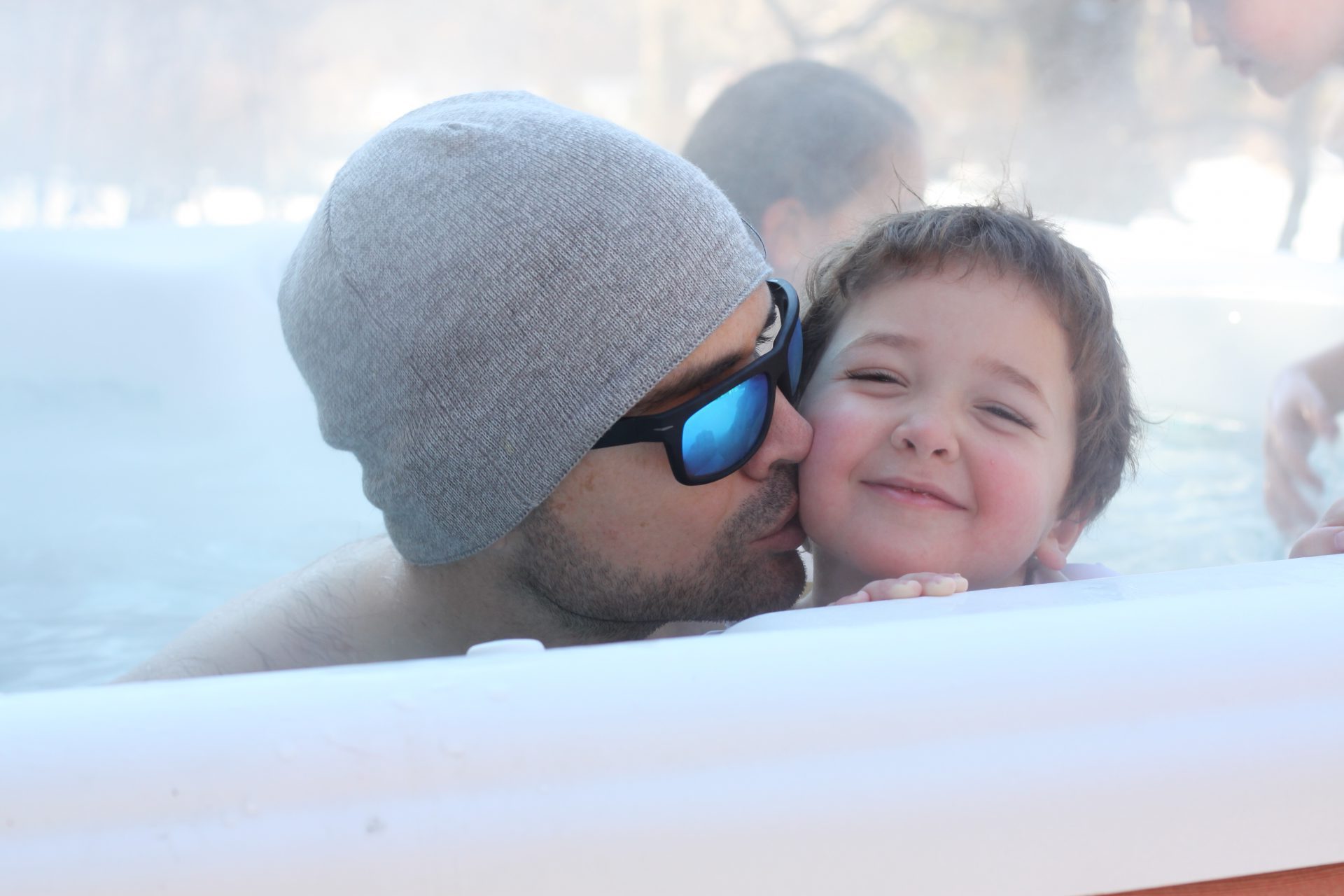

0 comments